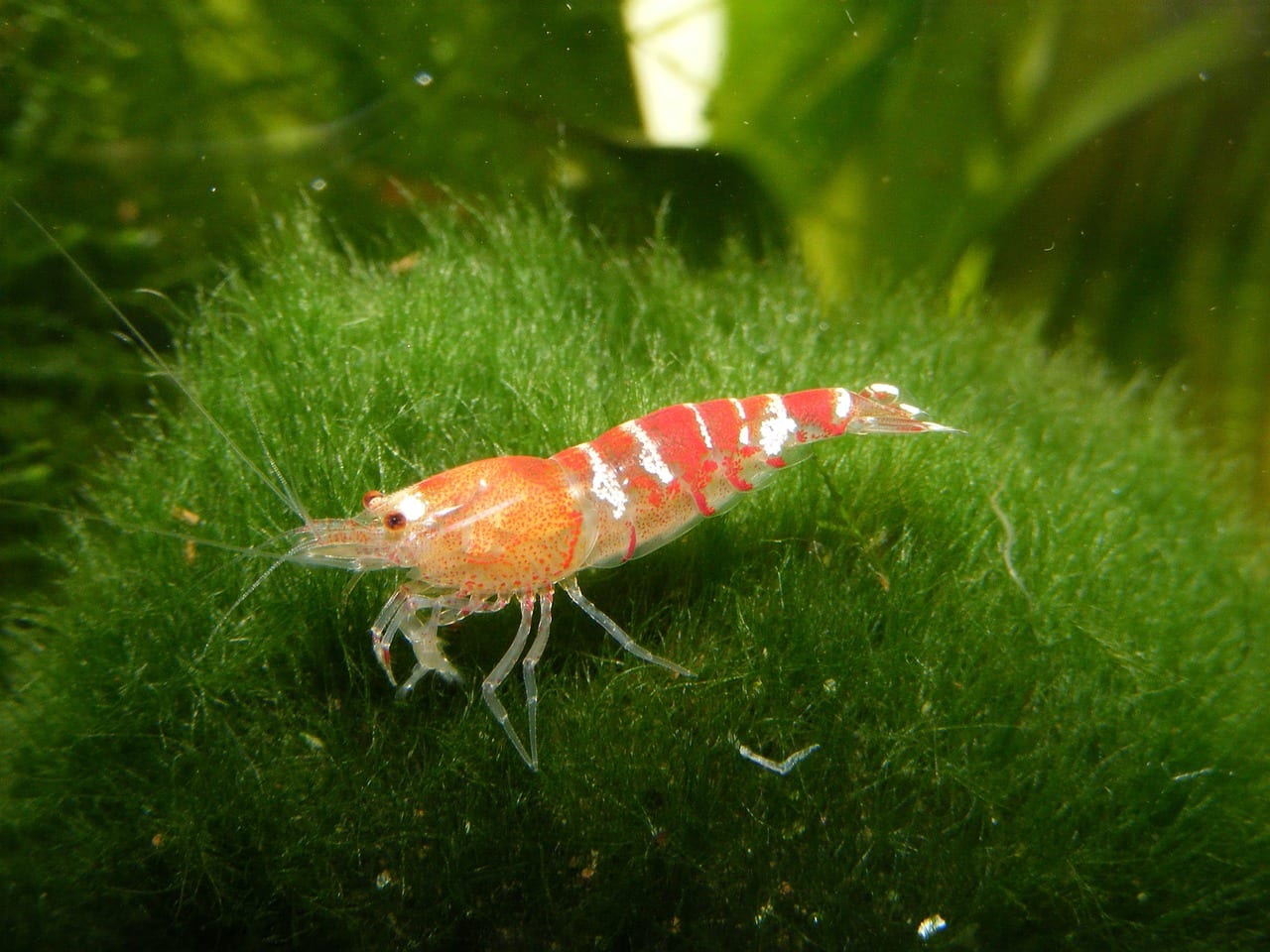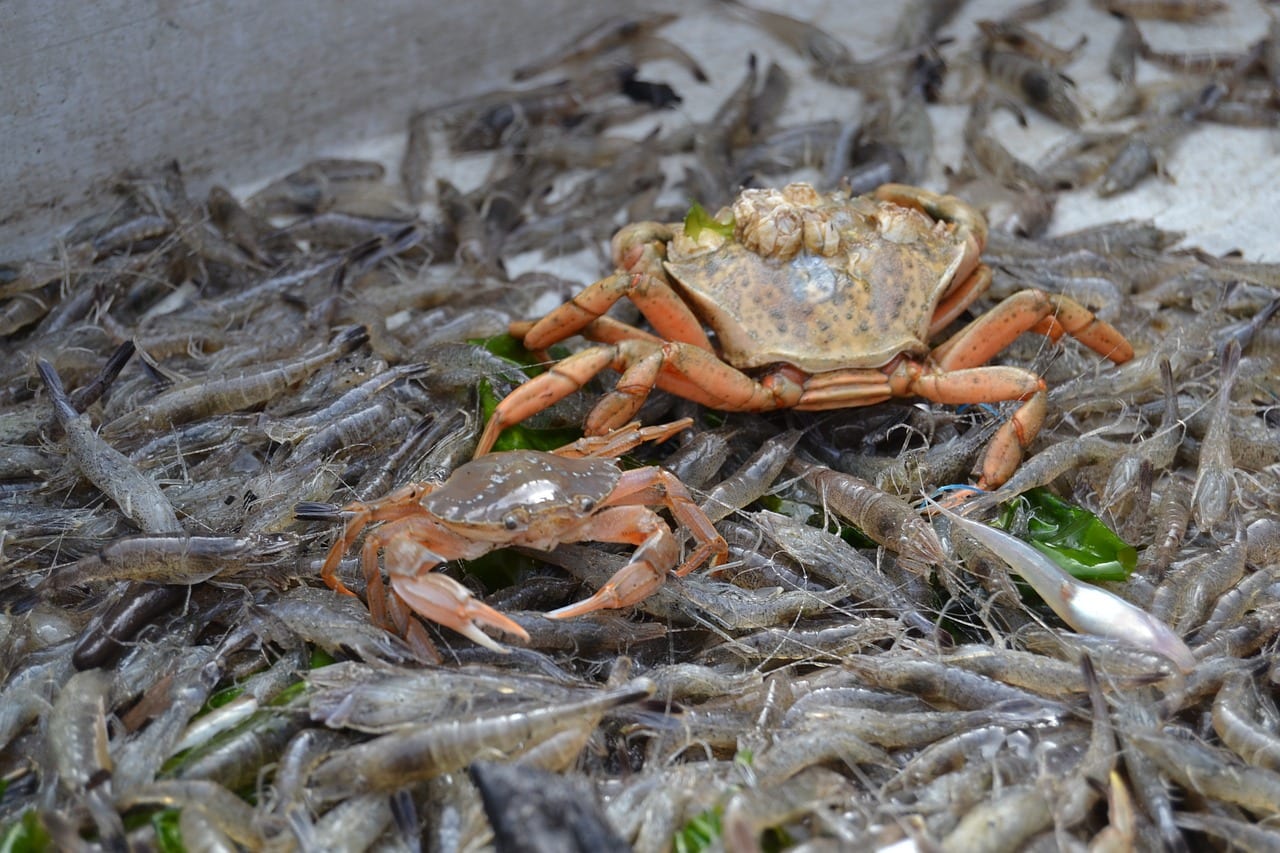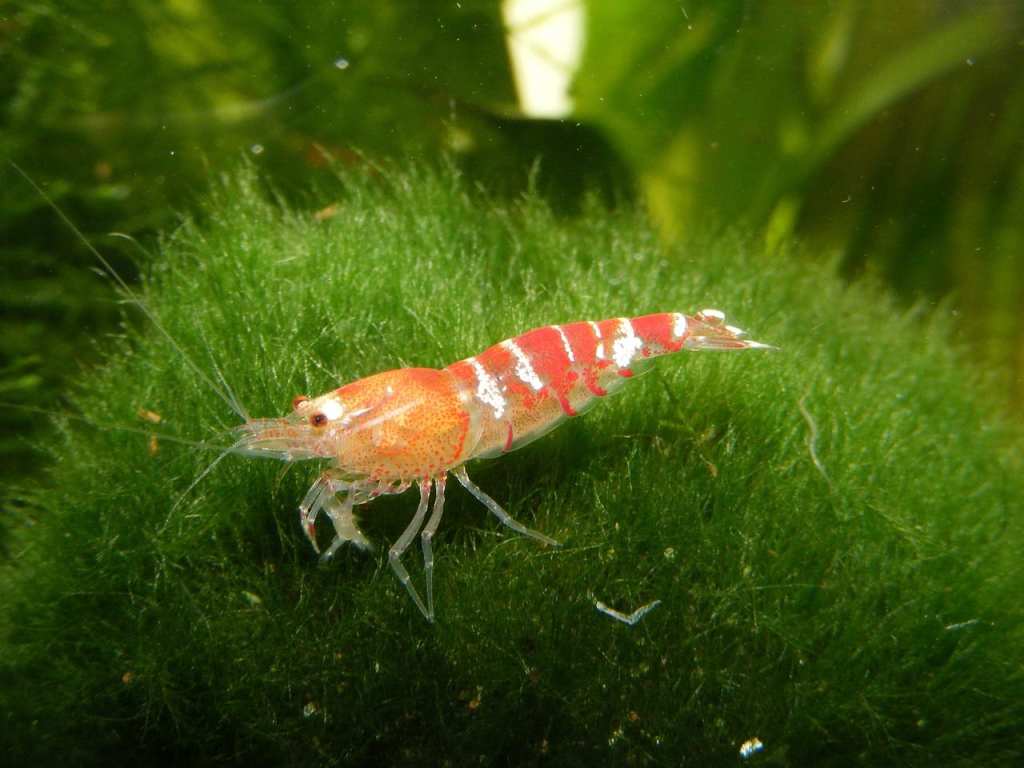When you think of the drug crisis, you probably don’t think of shrimp. Why would you?
Except an environmental study of freshwater rivers in Suffolk, England, showed cocaine present in every single shrimp they tested. We know the effects of cocaine on humans: increased body temperature and blood pressure, erratic and violent behavior, among others, according to the National Institute on Drug Abuse. So I can only imagine the impact it has on these poor little guys (the study didn’t go into that, unfortunately).

Photo Credit: Pixabay
How are these shrimp accessing cocaine? Well, it’s in their water, along with 55 other compounds, like lidocaine, a medication used for numbing. This is just one example of an ongoing problem: water pollution. It has impacted European eels, crabs and plenty of other aquatic life.
It has also impacted a very non-aquatic life form: us. According to a study published in The Lancet, unsafe drinking water sickens about 1 billion people each year.

Photo Credit: Pixabay
Water pollution is hurting us directly and harming marine animals. It may seem challenging, as an individual, to tackle water pollution, but the National Resources Defense Council recommends a few steps we can take to minimize our impact on the water around us. These include:
- Avoiding pesticides and herbicides when gardening.
- Maintaining your vehicles so they don’t leak harmful chemicals.
- Reducing plastic use and remembering to recycle as much as possible.
You could also consider taking your unused medications to the pharmacy for disposal rather than flushing them to help minimize pharmaceuticals in our water.
You know, to protect the shrimpies.






